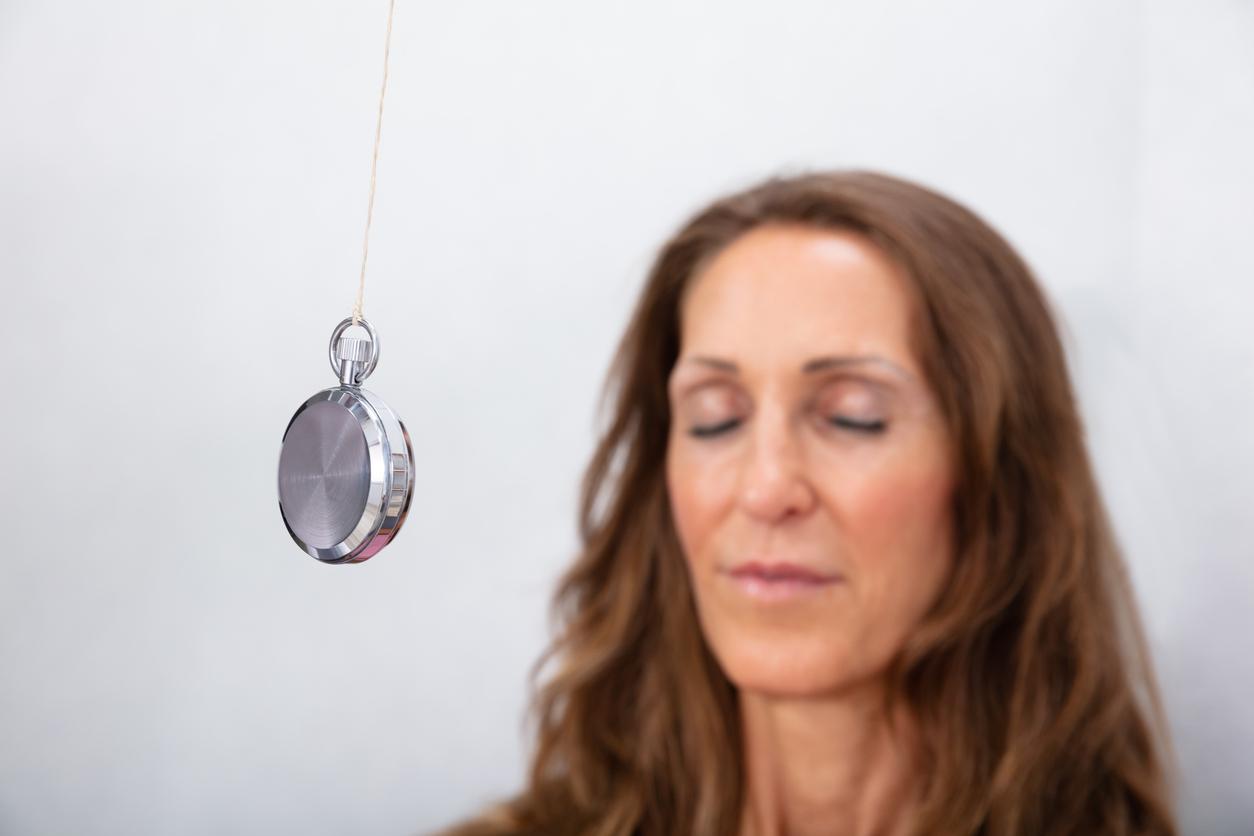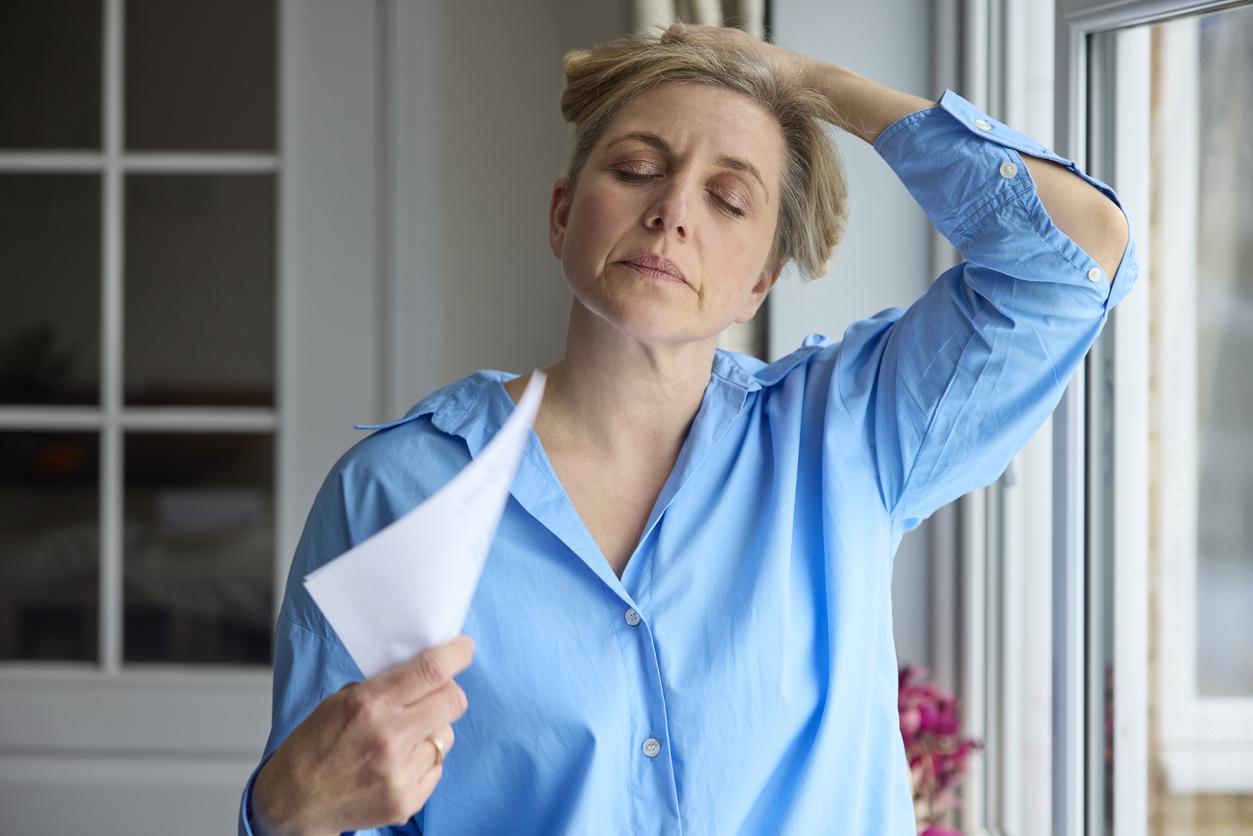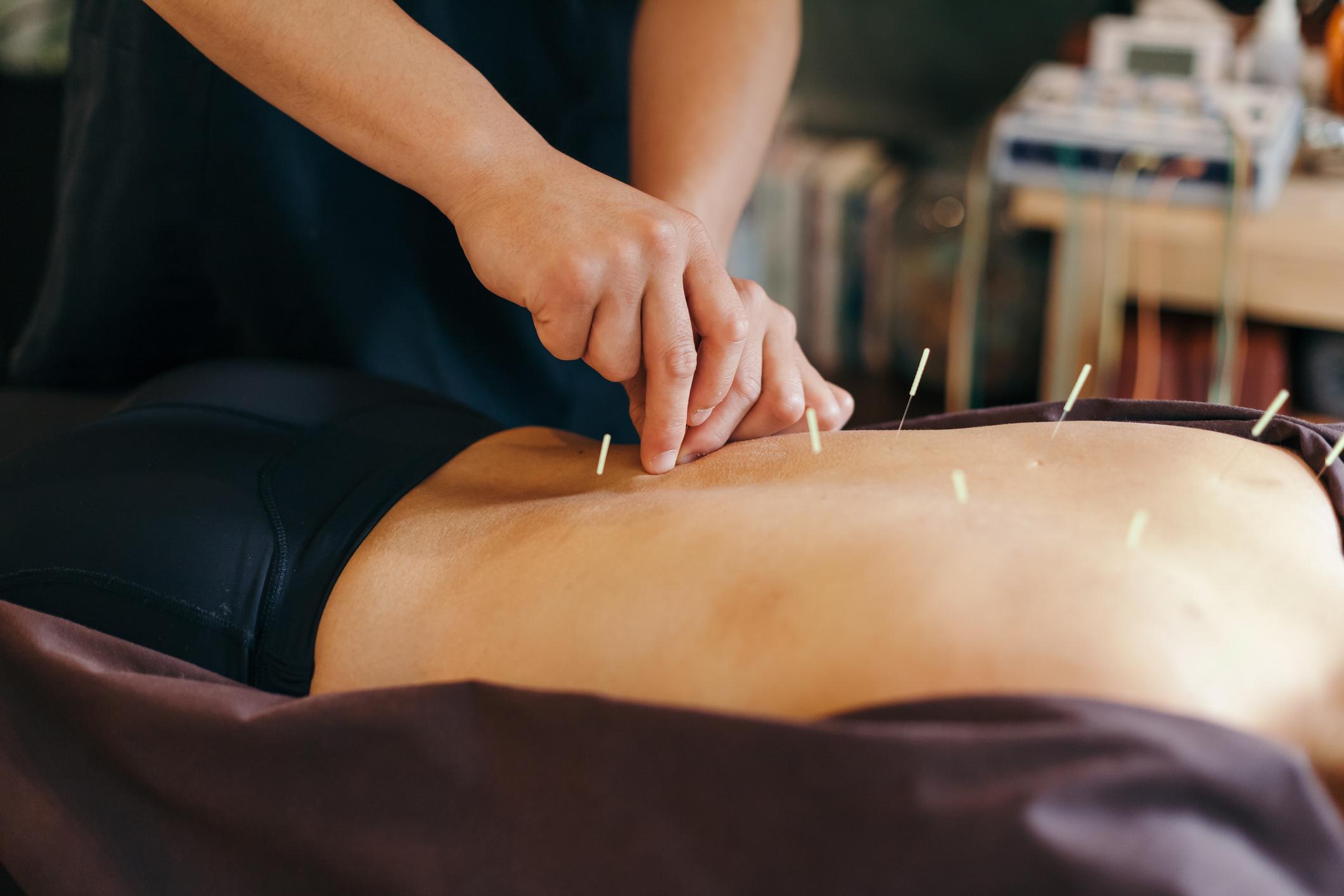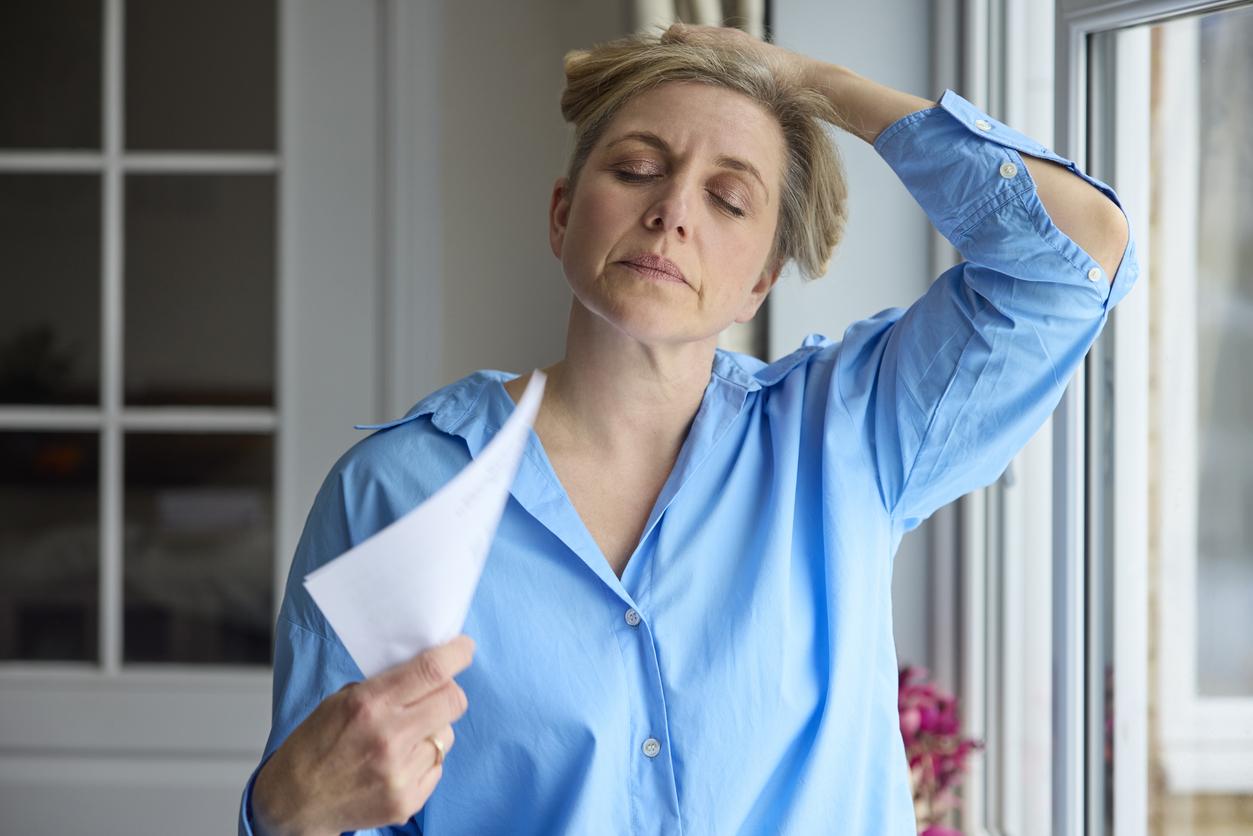Weight gain, insomnia, hair loss, depression… Unrecognized and little taken into account, perimenopause can occur from the early thirties, a decade earlier than the normal age of menopause.
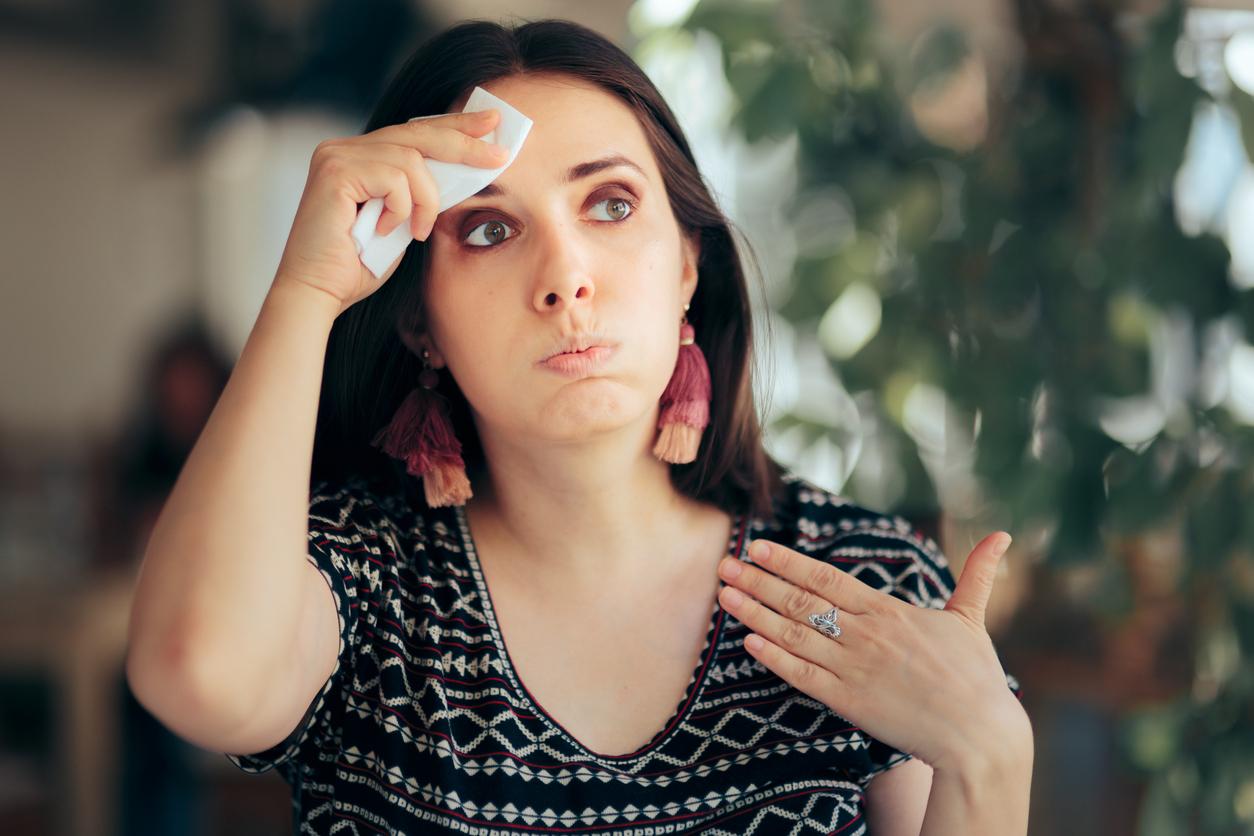
- 47.5 years is the average age of entry into perimenopause, however some women may be affected as early as their thirties.
- The symptoms of perimenopause are multiple, certain treatments exist to live it better.
Until recently, it was called premenopause, but another medical term has emerged: perimenopause. “It is an obligatory stage of the genital life of any woman, which frames the menopause. It includes two periods: the first precedes the cessation of menstruation, and the second is the year following the last menstruation. specify the professionals health of study group on menopause and hormonal aging.
Perimenopause lasts between 3 and 4 years
The average age of onset of perimenopause is 47.5 years, but this varies depending on the woman, some may be affected as early as their thirties. This natural phenomenon lasts 3 to 4 years.
In women receiving no gynecological treatment, a change in the menstrual cycle is the most common sign of the onset of perimenopause. According to the women, the periods can become more or less abundant or disappear for several months. At the beginning of this period, cycles can be shortened or lengthened by 1 or 2 weeks, or even more.
Other symptoms may occur. Some are linked to hyperestrogenia: mood swings (irritability, nervousness), breast pain, abdominal bloating, weight gain. Others reflect hypoestrogenia: hot flashes, insomnia, asthenia, vaginal dryness, low morale.
An article from Huffington Post also listed anxiety, paranoia, heart palpitations, hair loss, crying, loss of self-confidence, suicidal thoughts, dry skin and difficulty concentrating.
Improving treatments for perimenopause
“These are actually the problems felt at the time of menopause, but some women may experience them several years before their menopause. As mentioned above, the symptoms can vary over time since they are the consequence of the hormonal state of the moment (hyper or hypoestrogenia)”, says the Menopause and Hormonal Aging Study Group.
There are treatments to get through perimenopause better, such as progesterone IUDs, estrogen-progestogen pills, and progestins. If the symptoms listed above appear, consult your doctor or gynecologist.
Menopause is the time in a woman’s life when menstruation stops permanently because the ovaries stop producing hormones (estrogen and progesterone) as well as an egg every month. It is said that when menstruation is absent for a year, menopause has really set in.











